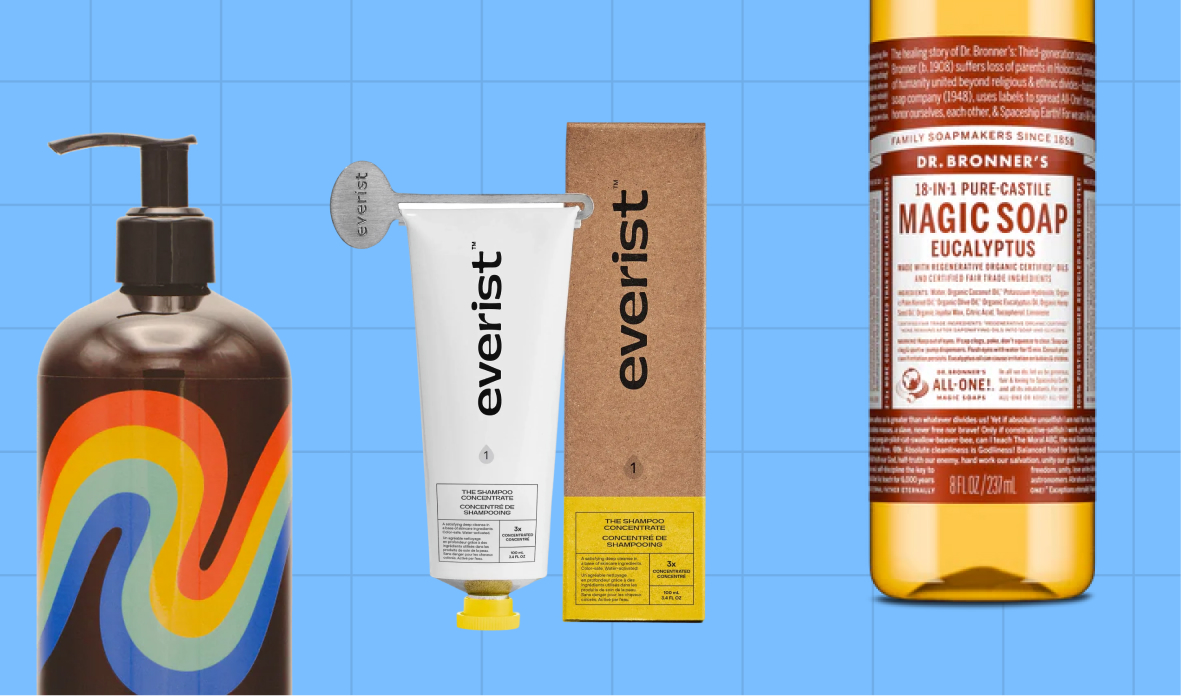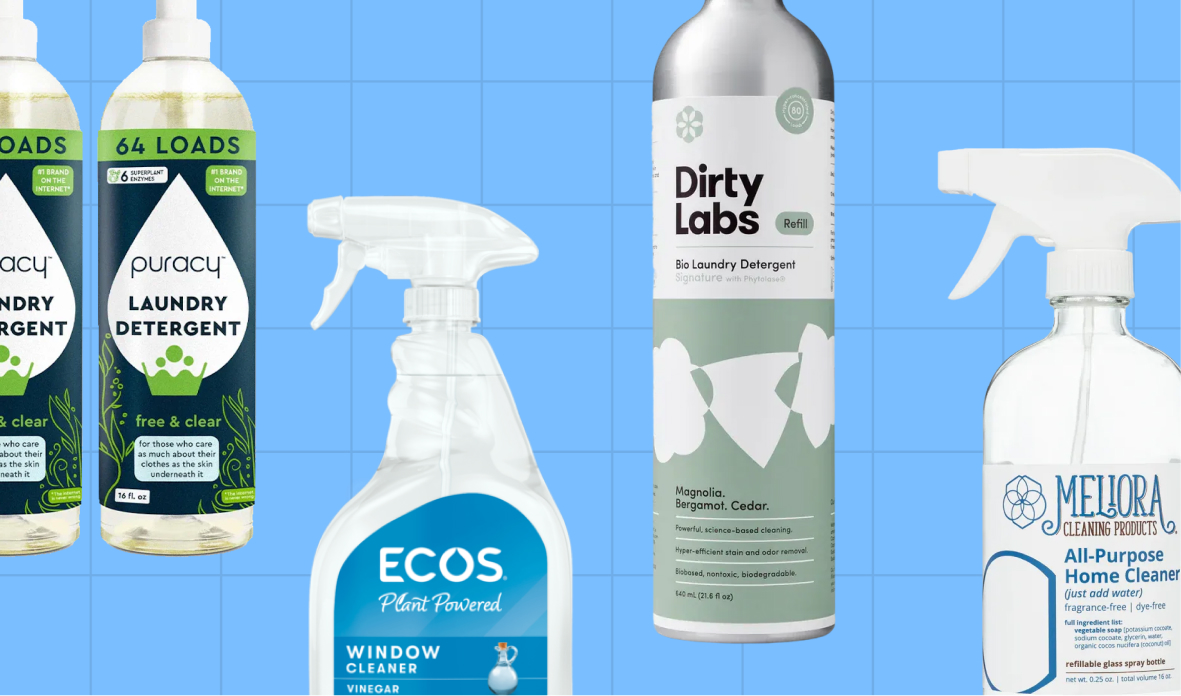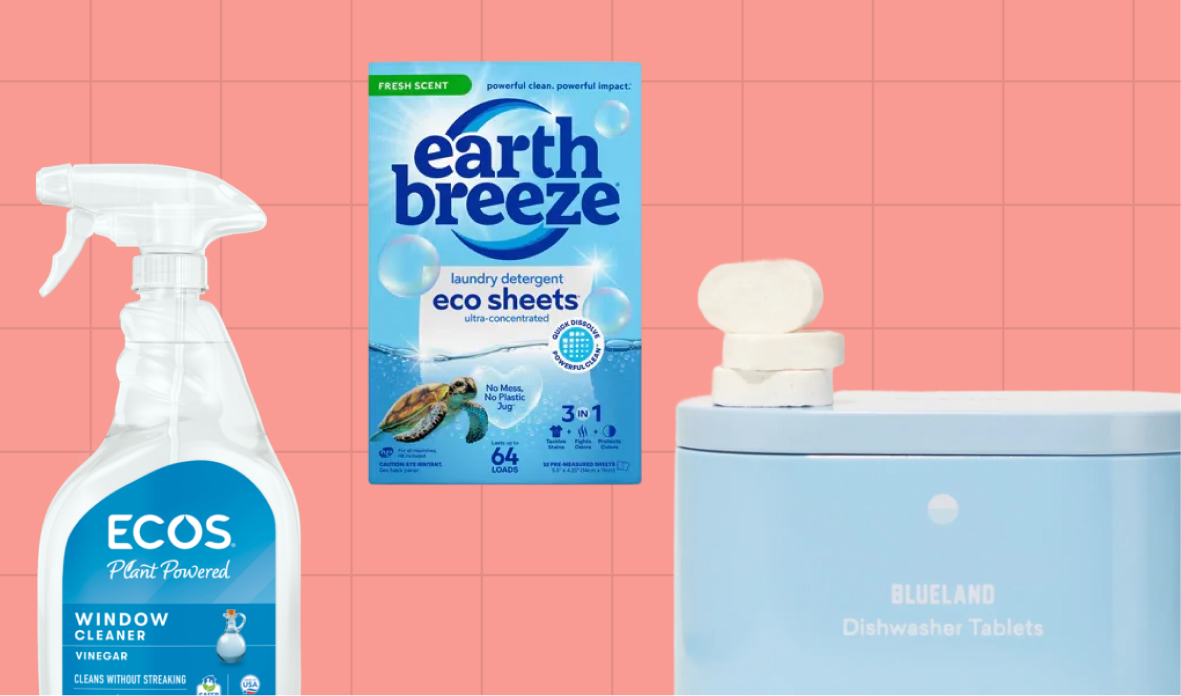What Does It Mean If Something Is GRS Certified

Join the community





Hundreds of brands are innovating to reduce the environmental and social impacts of their products. They are creating items from recycled materials like fishing nets, plastic bottles, old tires, and even coffee grounds.
This promotes a circular economy, keeps waste out of landfills, and reduces the need for new resources.
But sometimes it can be hard for brands to know the exact amount of recycled material in their products because they pass through many suppliers before reaching the brand.
That's where The Global Recycled Standard (GRS) certification comes in.
When you see that a brand has GRS certification, it means that recycled content in its products is verified by certification bodies such as TUV and Ecocert.
{{cta-join2}}
The GRS certification
The GRS certification is a voluntary standard that helps brands track and verify recycled content in their products. The certification bodies cover the entire supply chain of a product, right from processing and manufacturing to packaging and labeling.
They use transaction certificates to track materials through the supply chain and assess the environmental impacts of product manufacturing.
Here are some of the key features of the GRS certification:
- Products must contain at least 20% recycled content.
- Brands should avoid unethical sources.
- Brands must treat workers fairly, following ILO labor standards.
GRS certification also helps brands improve their sourcing strategies and prevent harmful environmental practices.
Here are some of the recycled materials that are accepted by the third-party certification bodies for The GRS certification:
- PET bottles
- Fishing nets
- Plastics
To make it easier for brands to find GRS-certified suppliers, there’s even a database.












